
In analyzing what's in store for the lodging industry for 2018, forget for a moment the term "disruption," the buzzword analysts use to describe rapidly adopted products. When it comes to the near-term future of the hotel industry, the more apropos word is "convergence" of traditional with nontraditional lodging types, of residential with hotel design, of the number of services that will be controlled on a single mobile device and of communication advances tying together traveler and supplier.
Indeed, while the typical family home will never be mistaken for a classic double-queen hotel room, 2018 will mark the acceleration of home-based lodging suppliers wanting to act a little more like hoteliers, and vice-versa.
With peer-to-peer accommodations service Airbnb accounting for more than 5% of available lodging units in some of the world's most-visited cities, hotel operators are responding by both investing in technology that enables more personalized service and designing hotels to be more reflective of their particular locales, rather than being straight-jacketed in brand standards.
Meanwhile, Airbnb and competitors HomeAway and Onefinestay are working more closely with their hosts to offer the concierge-type services and real-time customer-service responses that are typical of full-service hotels.
On the hotel end of things, much of the personalization will come in the form of enabling the guest to control more of the stay from a mobile device.
Beyond merely enabling guests to shop and book stays on their mobile phones or to use them as room keys or to text the front desk for service, smartphone-savvy hotels will within the next year be enabling guests to determine everything from lighting, entertainment and climate control to providing feedback and property ratings from their smartphones.
"The biggest change that's being pursued is what's commonly called 'the connected room,'" said Bjorn Hanson, clinical professor at the New York University School of Professional Studies, Jonathan M. Tisch Center for Hospitality and Tourism. "It's some variation on a device or app that gives the guest as much control over everything as possible, from before the reservation to after checkout.
Companies like Marriott International are taking the control issue further by designing room prototypes that, for example, will enable a business guest to pre-program a room for blue-hued, wake-up lighting and financial news channels on TV, or enable a leisure guest to set up orange-hued lighting and virtual yoga classes.
"As the Internet of Things is penetrated in more households, travelers are demanding more and more of the same type of comfort in the hotel room," Thomas Sineau, intelligence analyst at CB Insights, said in a travel-technology webinar. "This will take time and require significant investment, while Airbnb can also count on its hosts to have 'smart' features in place."
Additionally, companies like Hilton are outsourcing newer technologies by working with companies like Somabar, whose in-room robotic drink-mixing devices are being tested at Hilton's new Innovation Gallery near its Northern Virginia headquarters, and Waverly Labs, which is testing an earpiece call Pilot that the company asserts can translate speech into the user's native language in real time.
"We believe [Pilot] will be a game-changer for the industry," said Caitlin McKenna, Hilton's senior director of strategic innovation delivery.
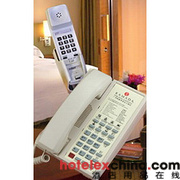
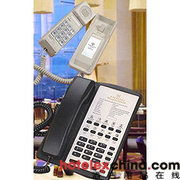
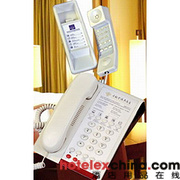
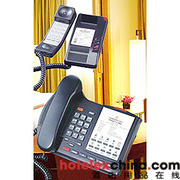
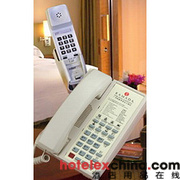


Service Hotline
Work Time:Mon-Fri 9:00-18:00
UTC+8

Sinoexpo Digital Platform
Copyright 2006-2024 Shanghai Sinoexpo Informa Markets International Exhibition Co., Ltd. All rights reserved
沪ICP备05034851号-77
 沪公网安备 31010402000543号
沪公网安备 31010402000543号